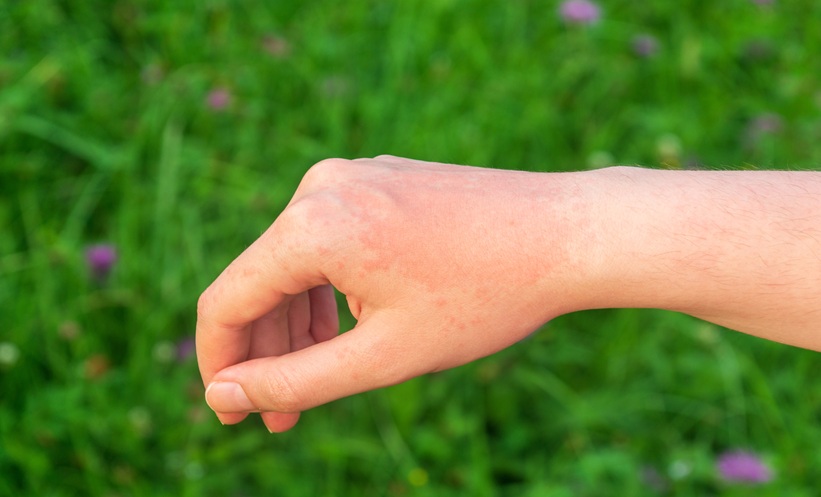Daily use of emollients from early infancy reduces the incidence of atopic dermatitis (AD) by 24 months in the general population not selected for elevated risk, according to a large randomised clinical trial conducted across multiple states in the USA.
Atopic dermatitis is a chronic inflammatory skin condition affecting a significant proportion of children worldwide, often leading to further allergic conditions such as food allergies and asthma. While earlier studies have explored the preventive effects of emollients in high-risk infants, evidence has been limited in broader, unselected populations. This trial sought to evaluate whether daily emollient use could serve as an effective primary prevention strategy in a more representative group of infants.
The pragmatic trial included 1,247 infant-parent pairs recruited from 25 community-based paediatric and family medicine practices spanning four statewide research networks in the USA. Participants were randomly assigned to either a daily full-body moisturiser application starting at nine weeks of age or to a control group who were instructed not to use emollients. The infants were followed up for 24 months, with electronic surveys monitoring adverse events and physician-diagnosed AD abstracted from medical records. The cumulative incidence of AD by age 24 months was 36.1% (standard error: 2.1) in the emollient group versus 43.0% (standard error: 2.1) in the control group, corresponding to a relative risk (RR) of 0.84 (95% CI: 0.73–0.97; P=0.02). Among infants without high-risk indicators, the risk reduction was greater (RR: 0.75; 95% CI: 0.60–0.90; P=0.01). Notably, the intervention’s effectiveness was enhanced in households with a dog present (RR: 0.68; 95% CI: 0.50–0.90; P=0.01). No significant differences in skin-related adverse events were observed between the groups.
These findings support early, routine emollient use as a simple, safe, and effective measure to reduce the incidence of atopic dermatitis in infants. Incorporating this intervention into standard infant skin care guidelines could help lower the overall burden of AD, particularly in primary care settings where preventive strategies are key. Future research might explore the biological mechanisms behind pet-related modification of effect, as well as long-term outcomes of such early interventions on allergic disease trajectories.
Reference
Simpson EL; CASCADE Consortium. Emollients to prevent pediatric eczema: a randomized clinical trial. JAMA Dermatol. 2025; DOI: 10.1001/jamadermatol.2025.2357.








